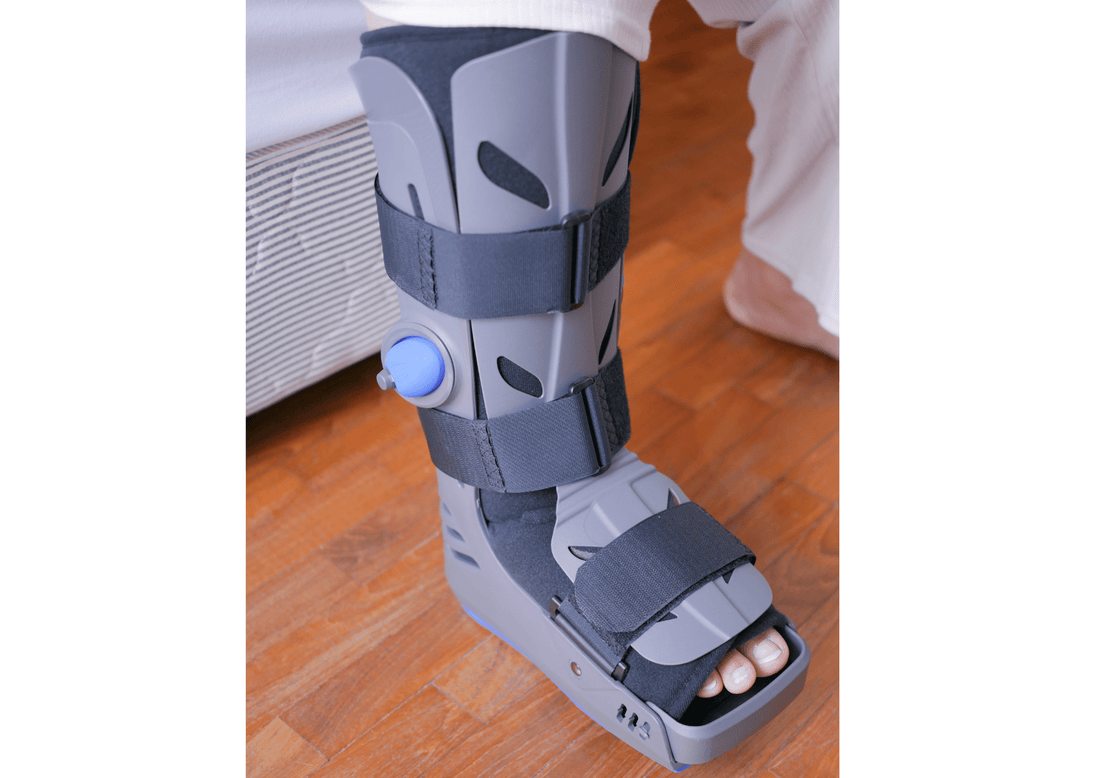
Can You Drive with a Moon Boot? Exploring the Facts
Share
Can You Drive with a Moon Boot? Exploring the Facts
If you've recently suffered a foot injury or undergone surgery, wearing a Moon Boot may be essential for your recovery. However, many individuals wonder whether it's safe and legal to drive while wearing a Moon Boot. In this informative guide, we'll delve into the facts surrounding driving with a Moon Boot, providing you with the knowledge you need to make informed decisions about your mobility during the healing process.
Understanding Moon Boots and Driving:
Moon Boots, also known as orthopedic boots or walking boots, are designed to provide support and stability to the foot and ankle following an injury or surgery. While they offer crucial protection and aid in the healing process, they can also affect your ability to drive safely due to their bulkiness and restricted range of motion.
💡 Need a Moon Boot Now?
Shop our hospital-grade moon boots with fast dispatch from SA, NSW and VIC.
👉 Buy Moon Boot Now
Factors to Consider:
- Foot Mobility: Moon Boots restrict the movement of the ankle and foot, making it challenging to operate pedals effectively. Limited ankle mobility can affect your ability to apply pressure to the accelerator and brake pedals, potentially compromising your control over the vehicle.
- Safety Concerns: Safety should always be a top priority when driving, especially when recovering from an injury. Wearing a Moon Boot may impede your reaction time and ability to maneuver the vehicle quickly in emergency situations, increasing the risk of accidents on the road.
- Legal Considerations: In many jurisdictions, driving with a Moon Boot is not explicitly prohibited by law. However, it's essential to consider whether wearing a Moon Boot compromises your ability to operate a vehicle safely and adhere to traffic regulations. If your driving ability is impaired due to the boot, you may be held liable in the event of an accident.
Consultation with Healthcare Professionals:
Before attempting to drive with a Moon Boot, it's crucial to consult with your healthcare provider or orthopedic specialist. They can assess your individual circumstances, provide guidance on driving restrictions, and offer recommendations for alternative transportation options that prioritize your safety and well-being.